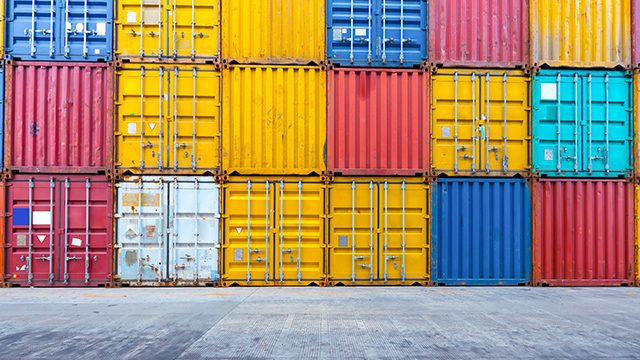SUMMARY
This is AI generated summarization, which may have errors. For context, always refer to the full article.

JAKARTA, Indonesia – Indonesia has returned five containers of rubbish to the United States and will not become a “dumping ground,” officials said Saturday, June 15, the latest Southeast Asian country to return imported waste.
The containers were supposed to contain only paper scrap, according to the customs documents. Instead they were loaded with other waste including bottles, plastic waste, and diapers, said senior environment ministry official Sayid Muhadhar.
“This is not appropriate and we don’t want to be a dumping ground,” Muhadhar told AFP.
The five containers – owned by a Canadian company – were shipped from Seattle in the United States to Indonesia’s second biggest city Surabaya in late March, Muhadhar said.
It was not immediately clear where the rubbish originated from.
Indonesia is currently examining several other containers in Jakarta’s port and the city of Batam on the island of Sumatra.
It is the latest country to return imported rubbish after neighbouring Malaysia vowed to ship back hundreds of tonnes of plastic waste last month.
The Philippines has ordered tonnes of garbage dumped in the country to be shipped back to Canada, sparking a diplomatic row between the two countries.
For years China received the bulk of scrap plastic from around the world, but closed its doors to foreign refuse last year in an effort to clean up its environment.
Huge quantities of waste have since been redirected to Southeast Asia, including Malaysia, Indonesia and to a lesser degree the Philippines. (READ: As more developing countries reject plastic waste exports, wealthy nations seek solutions at home)
Around 300 million tonnes of plastic are produced every year. Much of that ends up in landfill or in the seas, according to the Worldwide Fund for Nature (WWF). – Rappler.com
Add a comment
How does this make you feel?
There are no comments yet. Add your comment to start the conversation.